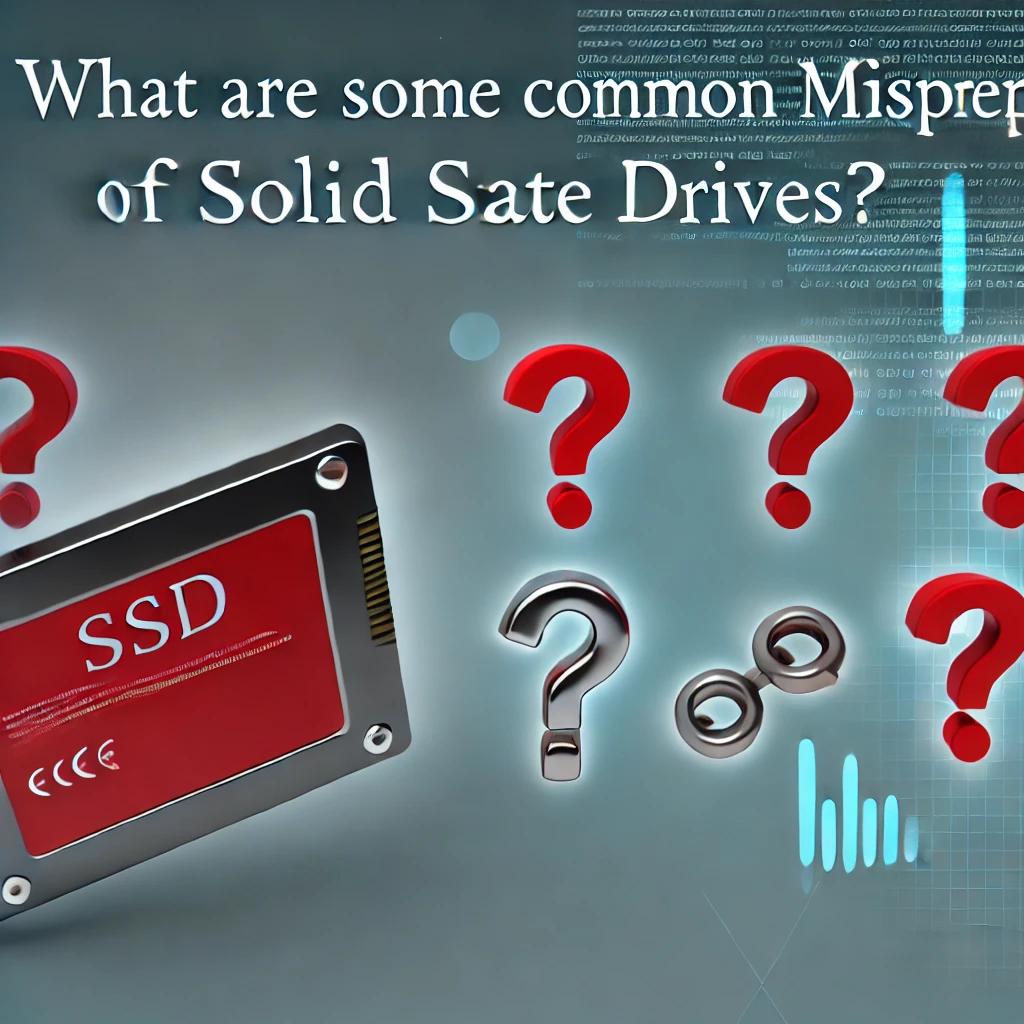What Does It Mean If A Hard Drive Is Digital Signed?
Interested in understanding the implications of a digitally signed hard drive?
Let's delve into the concept of digital signatures and their importance in the realm of hard drives. This exploration will cover the definition of digital signatures, their purpose, and how they are applied to hard drives. Additionally, we will examine the advantages and constraints of employing digital signatures in this specific context.
Let's uncover the intricacies of digital signatures on hard drives.
Understanding Digital Signatures
It is essential to grasp the importance of Digital Signatures in the realm of data security and authentication processes. Digital signatures play a crucial role in ensuring the integrity of electronic documents and verifying the authenticity of the sender.
Through the utilization of sophisticated mathematical algorithms, digital signatures generate a unique fingerprint for each electronic document. This uniqueness makes it extremely challenging for unauthorized individuals to tamper with or alter the content without detection. This process is instrumental in upholding the trustworthiness of the data exchanged between parties, as any modification is promptly flagged during the verification process.
Digital signatures provide a secure and reliable method of confirming the identity of the sender. They establish a digital handshake that enhances confidence in the communication process.
Definition and Purpose of Digital Signatures
Digital signatures act as electronic fingerprints that verify the authenticity and integrity of digital messages or documents. The primary purpose of digital signatures is to offer a secure and tamper-evident method to ensure that the content remains unchanged and comes from a trusted origin.
Through the use of cryptographic algorithms, digital signatures play a critical role in confirming the sender's identity and ensuring that the document remains unaltered during its transmission. This verification process helps establish trust in electronic communications by providing a mechanism to authenticate the source and maintain the integrity of electronic content. In today's digital environment, where the exchange of electronic documents is commonplace, digital signatures provide a dependable approach to authentication and verification, enhancing secure and reliable online interactions.
Digital Signatures on Hard Drives
Digital signatures are commonly used on hard drives to enhance security measures and confirm the integrity of firmware, software, and important data stored on these devices. By utilizing digital signatures, hard drive systems are able to verify that the executed code originates from a trusted source and has not been altered.
This cryptographic technique plays a vital role in ensuring the authenticity of data by providing a unique digital fingerprint that serves as a mark of genuineness. Through the implementation of encryption algorithms, digital signatures present a strong method for confirming the source of software components and guaranteeing that they have not been modified during transmission or storage. By integrating digital signatures into the verification process, hard drives can strengthen their defenses against malicious attacks and unauthorized alterations, thereby establishing a secure environment for the storage of sensitive information.
How Digital Signatures are Used on Hard Drives
Digital signatures on hard drives are used during the boot process to verify the authenticity of firmware and software components. This validation process ensures that the system starts securely and that the files accessed are from trusted sources, thereby providing protection against potential tampering or unauthorized access.
By employing digital signatures, the secure boot process serves as a critical defense against malicious activities like firmware alterations or software corruption. These signatures are essential in guaranteeing that the firmware and software components loaded during boot remain unchanged and originate from a legitimate source. Through encryption methods, digital signatures validate the integrity of the file system, reducing the risk of unauthorized modifications. Hardware security mechanisms work hand in hand with digital signatures to establish a robust environment that strengthens the overall system's defenses against cyber threats.
Benefits and Limitations of Digital Signatures on Hard Drives
Digital signatures have numerous advantages when it comes to enhancing security, verifying the integrity of data, and safeguarding against tampering on hard drives. However, they also have their limitations, such as susceptibility to error messages and the necessity for robust encryption key management.
Implementing digital signatures on hard drives not only guarantees the legitimacy of electronic documents but also offers a secure method to confirm the data source. By employing certificate validation procedures, the authenticity of the signatures can be authenticated, and any unauthorized alterations can be promptly detected. Effective encryption key management is crucial in upholding the confidentiality of digital signatures, as the proper management of keys helps mitigate potential vulnerabilities and unauthorized access to sensitive data.
Advantages and Disadvantages of Using Digital Signatures on Hard Drives
The use of digital signatures on hard drives offers heightened security, strong authentication mechanisms, and protection against data tampering. However, challenges such as error messages, susceptibility to tampering, and the crucial task of managing encryption keys can limit their effectiveness.
Digital signatures play a crucial role in upholding the integrity and authenticity of data stored on hard drives. By digitally signing files, users can verify that the content has not been altered or compromised, ensuring that sensitive information remains secure and unaltered. The authentication mechanisms enable users to confirm the source of the data, thereby increasing trust and reliability.
Despite the advantages mentioned, errors in the signature verification processes can lead to false rejections or acceptances, impacting the overall security of the system. Consequently, secure encryption key management is essential in mitigating risks and maintaining a robust security posture.








